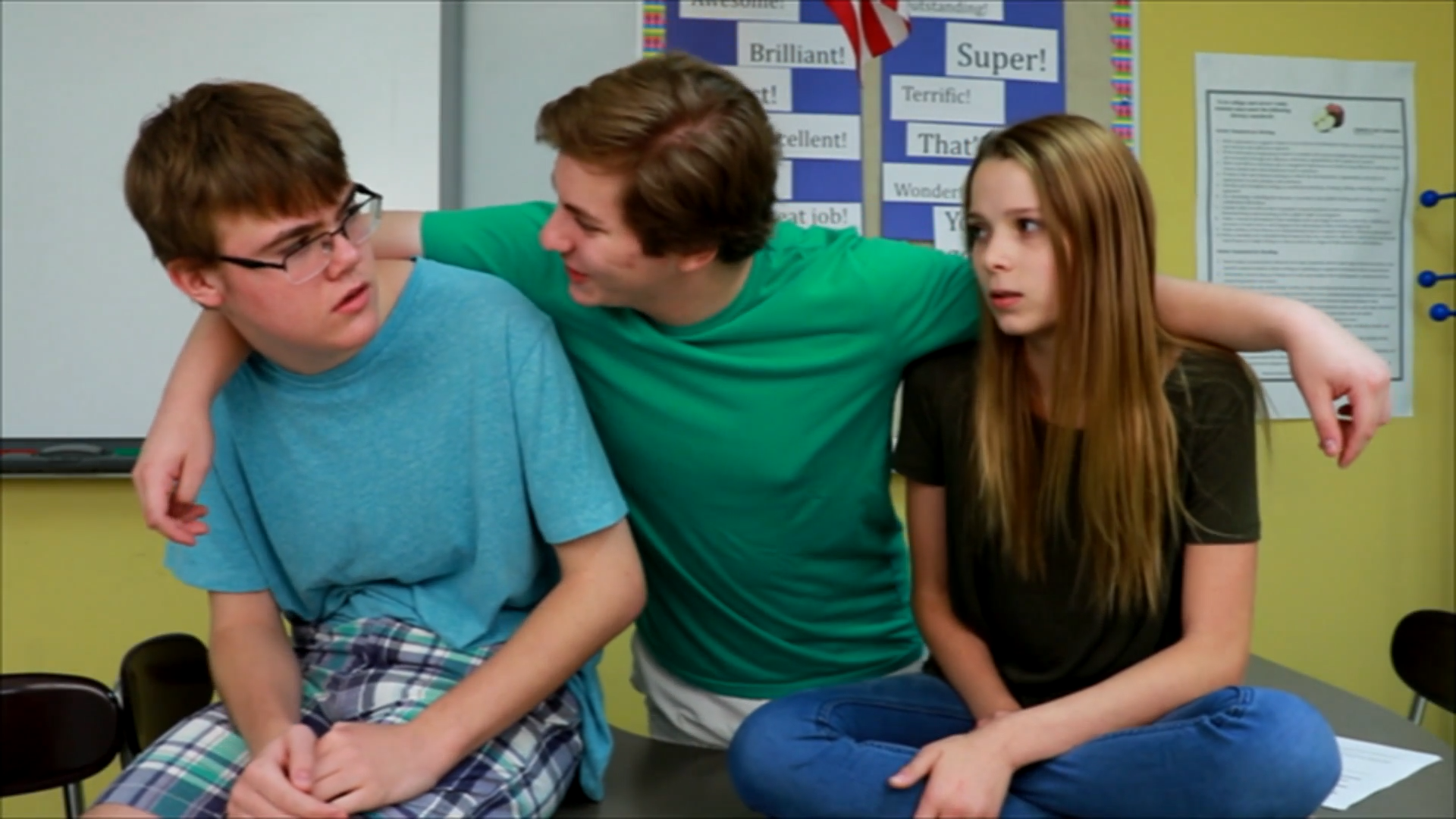
Introduction
Teasing is an unfortunate reality that everyone experiences at some point in their lives. It can lead to feelings of sadness, anger, and frustration. However, by teaching students in special education settings effective coping strategies, they can better manage these situations and develop resilience. This blog post will explore practical tips that educators can utilize to help their students navigate teasing and maintain a positive outlook.
No-Prep Activity: Role-Playing Scenarios
One effective way to help students understand and practice dealing with teasing is through role-playing scenarios. This no-prep activity requires no additional materials and can be easily implemented in the classroom.
- Divide students into pairs or small groups.
- Provide each group with a common teasing scenario that they might encounter in their daily lives (e.g., someone making fun of their appearance, interests, or abilities).
- Ask one student to play the role of the teaser, while the other plays the role of the person being teased.
- Encourage the student being teased to practice using the strategies discussed in this blog post (e.g., positive self-talk, expressing feelings, and walking away).
- After the role-play, have a group discussion about how the strategies helped the student cope with the teasing and what they could improve upon in the future.
Discussion Questions
- Why do you think people tease others? What might be going on in the teaser’s life that could lead them to act this way?
- How does teasing affect the person being teased? Are there any long-term effects?
- What are some examples of positive self-talk that students can use when they are being teased?
- How can expressing your feelings to the person teasing you help in managing the situation?
- Why is walking away an effective strategy for dealing with teasing? What does it mean to “be the bigger person”?
Related Skills
Teaching students effective strategies for dealing with teasing is crucial in helping them develop essential social-emotional skills. Some related skills that can be beneficial for students in special education settings include:
- Assertiveness: Learning to stand up for themselves and express their needs and feelings in a respectful manner.
- Empathy: Understanding the feelings of others and responding with care and compassion.
- Conflict Resolution: Developing problem-solving abilities to manage disagreements and find mutually beneficial solutions.
- Resilience: Building the capacity to adapt and bounce back from adversity and challenging situations.
Next Steps
Now that you have learned about strategies to help students cope with teasing, it’s time to implement these techniques in your classroom. To get started, consider signing up for free samples of skill-building materials and resources that can further support your students’ social-emotional learning journey.

